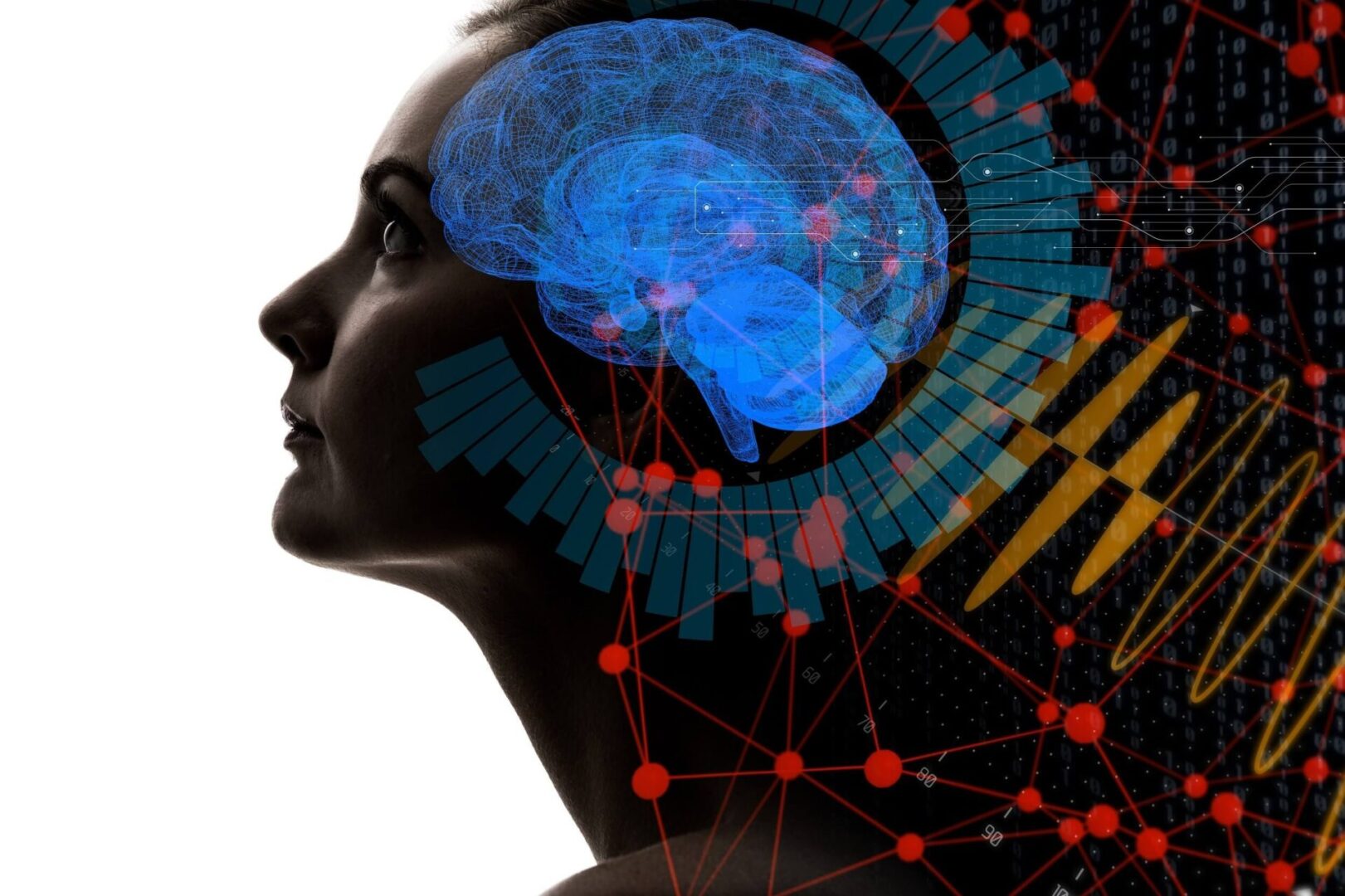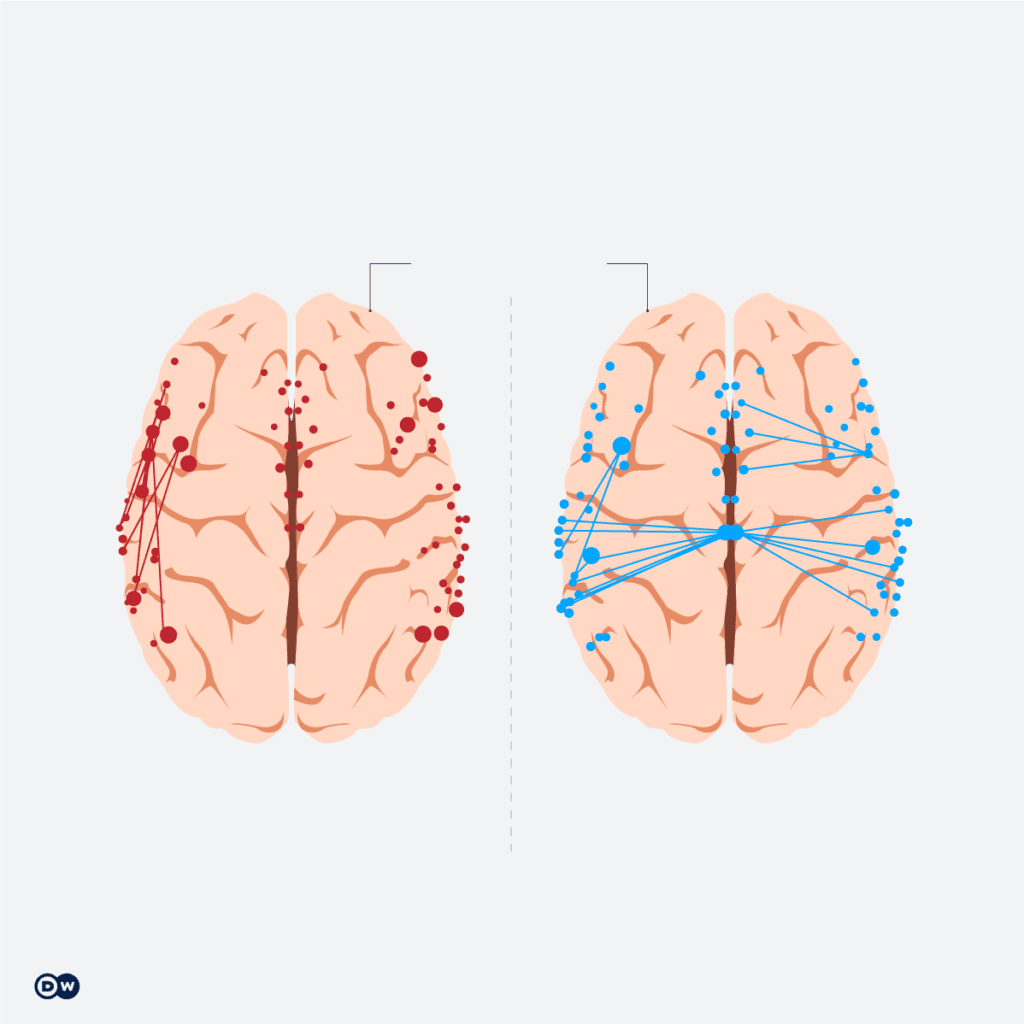Language, Brain Formation and More!

Language, Brain Formation and More!
I recently came across a couple of articles that deal with language and the brain. I found them quite interesting and thought I would share.
They deal with how our L1 (first language / mother tongue) influences our brain, its formation, and how we process different languages. Scientist are using the information to better help stroke patients with language disorders and, of course, improving language learning. On that topic, they found that there is NOT a universal language processing mechanism as once thought! They found that different languages are processed in different parts of the brain. In other words, all languages are not processed in the same part of the brain!
The original articles are similar and are in German. I’ve included a summary in English for each article. (The article titles are hyperlinked to the original article.)
Please share your thoughts in the comment section below! Danke!
Mach’s gut!
————————————————
Wie die Muttersprache unser Gehirn formt
Language processing in the brain varies depending on the native language, as observed in a study conducted by researchers at the Max Planck Institute. They examined the brain scans of Arabic and German native speakers and found differences in the connectivity of language regions. Arabic speakers exhibited stronger connections between the left and right hemispheres, as well as between the temporal and parietal lobes, which are involved in processing pronunciation and meaning. German speakers, on the other hand, showed stronger connections in the left hemisphere and towards the frontal lobe, responsible for sentence structure processing. These findings have potential implications for stroke patients with language disorders and could lead to tailored therapy approaches. Further research is needed to explore how other native languages shape the brain differently. Additionally, the study aims to analyze how the brain network changes when Arabic speakers learn German, with the goal of improving language learning methods. However, determining individual learning strategies based on brain scans is still a distant prospect, emphasizing the continued importance of traditional language learning methods.
Was unser Gehirn über die Muttersprache verrät
A study conducted at the Max Planck Institute for Cognitive and Brain Sciences in Leipzig explored the influence of native language on the brain. The research focused on individuals who spoke Arabic and German as their mother tongues and found significant differences between the two languages. In Arabic, the arrangement of letters can result in different words based on the inserted vowels, requiring careful attention to word meanings during conversations. In contrast, German-speaking children primarily learn to analyze sentence structure for identifying subordinate clauses and separable verbs. The researchers examined 94 participants and discovered distinct variations in brain connectivity.
Arabic speakers exhibited stronger connections between brain regions responsible for processing pronunciation and word meaning, while German speakers displayed stronger connections related to analyzing sentence structure. The unexpected results challenge the assumption of a universal language processing mechanism. These findings hold potential implications for stroke patients with language impairments, as therapy tailored to their native language could be developed. Moreover, the insights gained from this research could prove valuable for foreign language learning. The Leipzig researchers are already investigating other languages and their impact on the brain.

And here is a video that addresses the question: Can we learn languages in our sleep?
However, you need to understand German to get the answer!